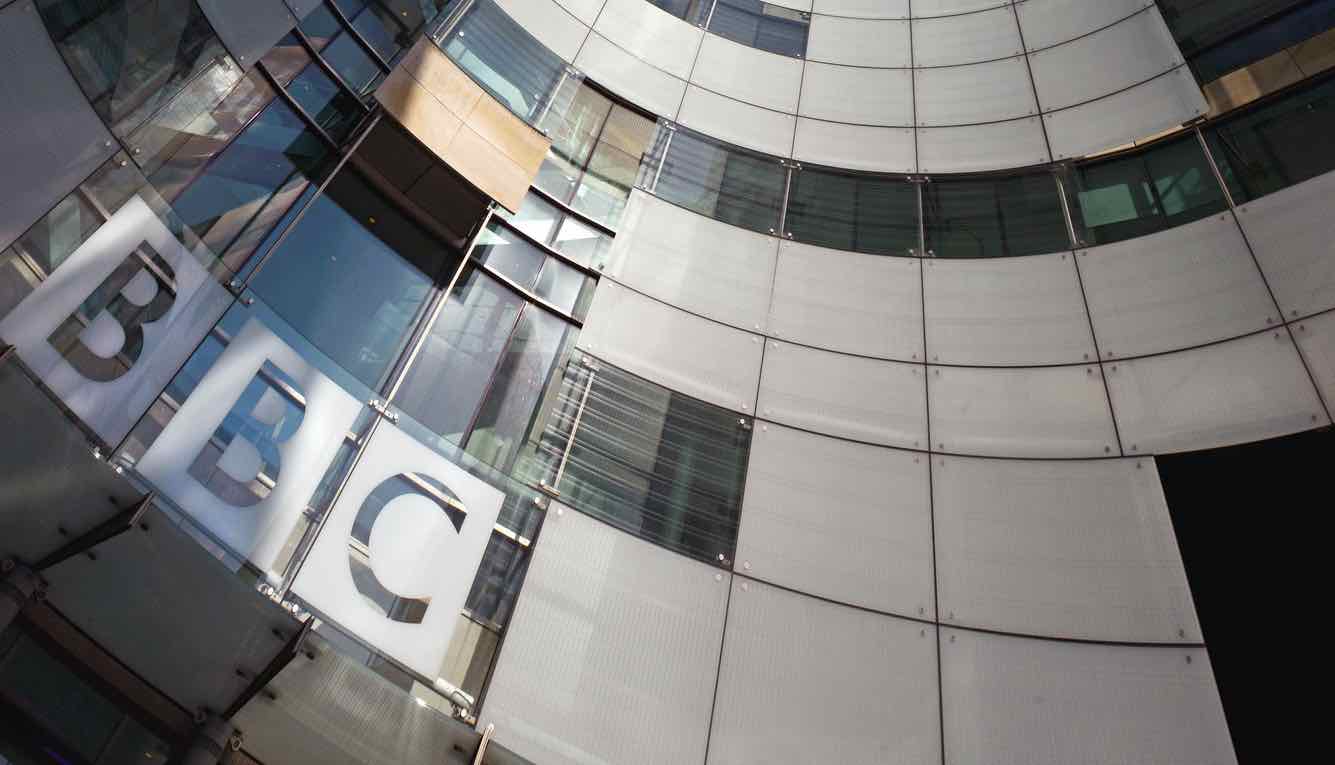The National Audit Office’s latest BBC report says that further savings from the BBC budget will come increasingly from cuts to content budgets rather than further productivity savings.
The report found that the BBC is largely on track to achieve its current savings targets, but it is likely to need to make considerable further savings in the coming years.
To fill the gap in its finances resulting from the 2015 licence fee settlement, the BBC is undertaking a five-year programme to deliver targeted savings of just over £1 billion a year by 2021-22. The BBC is currently negotiating with government on the level of the licence fee from 2022-23 – once this is agreed, the BBC will embark on a new five-year savings programme.
The BBC is forecast to exceed its original savings target of £800 million a year by 2021-22 and is largely on track to meet its increased target of £1 billion a year.
The report says the BBC expects to make a lower proportion of its savings from productivity improvements, and is now making most of its savings from audience-facing parts of its business. In September 2021 the BBC estimated that 41% of its annual savings would come from cuts to content and the scope of services, and 11% from changes to the scheduling mix.
The BBC has sought to enhance its spending on content by seeking third-party funding for productions. In September 2021, the BBC forecast that £116 million (12%) of its £971 million annual savings would come from income generation, a significant increase on the £14 million (2%) delivered under the previous savings programme initiated in response to the 2010 licence fee settlement. This increase has mainly been driven by a rise of 84% since 2016-17 in the amount of third-party funding of BBC-commissioned productions to £385 million in 2019-20.
The volume of repeats shown across the BBC’s three main television channels has increased. This was partly due to the pandemic, but also part of the BBC’s strategy for addressing a change in audience viewing habits while working within a finite budget.
The BBC’s pay reforms have not been a major part of its savings programme. Between 2016-17 and 2020-21 the BBC’s staff costs fell by less than 2% in real terms as a result of measures it took, including reforms to the terms and conditions of its workforce. The BBC spent almost £180 million on making over 1,800 staff redundant when delivering savings between 2017-18 and 2020-21. Despite this, the overall number of BBC staff fell by less than 1% between 2016-17 and 2020-21, mainly due to the recruitment of over 1,100 staff as part of a Foreign, Commonwealth and Development Office-funded expansion of BBC World Service.
The NAO says the BBC’s approach to the planning and delivery of savings could be improved. The NAO has found that some divisions are implementing measures without using complete data. This includes staffing reductions in the English regions, which may have contributed to the temporary suspension of local breakfast news bulletins during summer 2021 when a high number of staff were absent. The BBC is also not consistently applying lessons from implementing savings across the organisation.
The extent to which the BBC’s transformation programme has achieved savings varies between different parts of the organisation. Under its Modernising BBC News initiative, the BBC intends its News division to produce content that can be shared more easily across its various platforms. In some other parts of the organisation changes have been more incremental and have not involved radical transformation.
The BBC plans to embark on a new savings programme in 2022-23. It projects that the gap between its income and its spending by 2027-28 would require it to make savings of at least a roughly similar magnitude as those it has delivered in previous savings programmes. However, the outcome of the licence fee negotiations could significantly increase the savings it will need to deliver.
To achieve these savings, the BBC expects it will need to make further reductions to content and services across its television, radio, and news operations. The BBC expects that increased commercial returns will make a relatively small contribution to its future savings. For example, it only plans to make £50 million a year in extra income from its main commercial subsidiary, BBC Studios.
Jon Creamer
Share this story


















